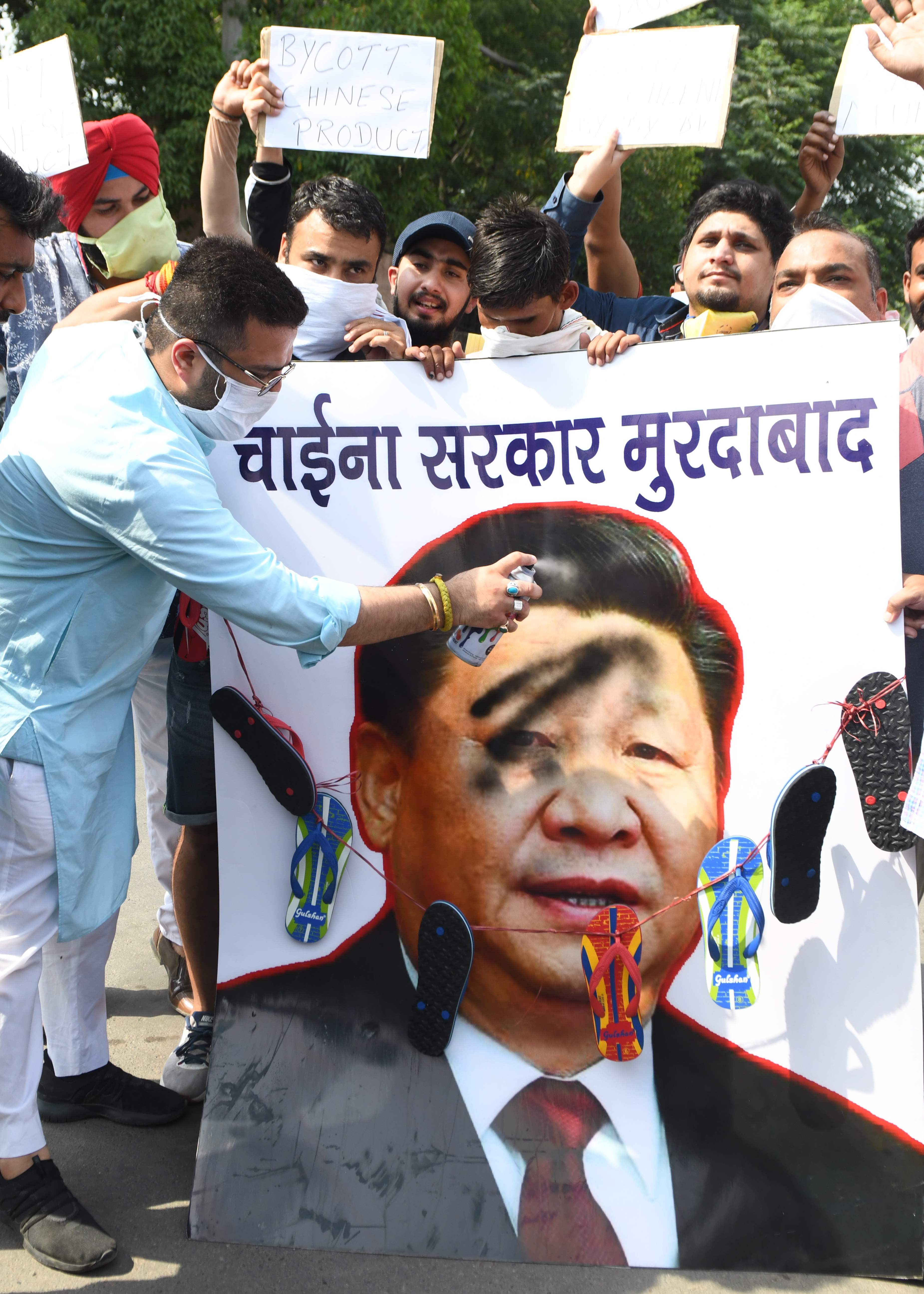Why Taiwan congratulating Modi on election win sparked a diplomatic row with China
Beijing ‘opposes all official interactions between Taiwan authorities and countries having diplomatic relations with China’
Your support helps us to tell the story
From reproductive rights to climate change to Big Tech, The Independent is on the ground when the story is developing. Whether it's investigating the financials of Elon Musk's pro-Trump PAC or producing our latest documentary, 'The A Word', which shines a light on the American women fighting for reproductive rights, we know how important it is to parse out the facts from the messaging.
At such a critical moment in US history, we need reporters on the ground. Your donation allows us to keep sending journalists to speak to both sides of the story.
The Independent is trusted by Americans across the entire political spectrum. And unlike many other quality news outlets, we choose not to lock Americans out of our reporting and analysis with paywalls. We believe quality journalism should be available to everyone, paid for by those who can afford it.
Your support makes all the difference.A message from Taiwan’s president congratulating Narendra Modi for winning a third term as India’s prime minister has sparked a diplomatic row between New Delhi and Beijing.
Lai Ching-te joined a slew of world leaders, including Rishi Sunak of the UK and Joe Biden of the US, in wishing Mr Modi after an alliance led by his Hindu nationalist Bharatiya Janata Party secured a narrow victory in India’s latest national election.
“My sincere congratulations to Prime Minister Narendra Modi on his election victory," Mr Lai said on X. "We look forward to enhancing the fast-growing Taiwan-India partnership, expanding our collaboration on trade, technology & other sectors to contribute to peace & prosperity in the IndoPacific.”
Mr Modi responded by thanking the Taiwanese leader for his wishes. "I look forward to closer ties as we work towards mutually beneficial economic and technological partnership," he said.
India and Taiwan do not have a formal diplomatic relationship but they have made several trade and labour deals over the years.
China considers Taiwan a part of its territory and its position, called “One China” policy, is recognised or acknowledged by most countries, including India, meaning they don’t consider Taipei a sovereign entity.
Beijing therefore did not take kindly to Mr Modi's interaction with the Taiwanese leader. It "opposes all forms of official interactions between the Taiwan authorities and countries having diplomatic relations with China”, foreign ministry spokesperson Mao Ning said.
Ms Mao added that there was “no such thing as ‘president’ of the Taiwan region”.

India’s relations with China collapsed during Mr Modi's second term when soldiers of the rival Asian powers clashed in Galwan Valley in the disputed northern border region of Ladakh, leading to the death of 20 Indian soldiers, in 2020.
Mr Modi's acknowledgment of the Taiwanese leader’s message only aggravated the frosty relations.
"India has diplomatic relations with China and knows China's position well. On the One China principle, India has made serious political commitments and is supposed to recognise, be alarmed about and resist the Taiwan authorities' political calculations," a Chinese embassy spokesperson in India said on Friday.
Congratulating Mr Modi on his election victory, Ms Mao said a “sound and stable” relationship between India and China was “in the interest of both countries and conducive to the peace and development of the region".
In the 10 years of Mr Modi’s rule, India has sought closer relations with the US, which in turn has seen it as a counterweight to a rising China.
“China really is India's long-term strategic challenge, both on the border and in the Indian Ocean,” Viraj Solanki from the International Institute for Strategic Studies in London told Associated Press.
“This has resulted in a number of defence partnerships by India shifting, or just focusing on countering China's growing influence in the Indo-Pacific region.”
The US, Taiwan's primary ally despite acknowledging the One China policy, dismissed Beijing’s criticism on Thursday.
"I would say such congratulatory messages are the normal course of diplomatic business," State Department spokesperson Matthew Miller said.
Taiwan lambasted Beijing for using "political coercion and spreading fallacies" to influence global powers.
It is “not only an international practice for Taiwan and India to pay tribute to each other on the results of democratic elections, it also fully demonstrates the friendship between the two sides", the island's foreign ministry said.
“Other countries have no right to comment.”




Join our commenting forum
Join thought-provoking conversations, follow other Independent readers and see their replies
Comments